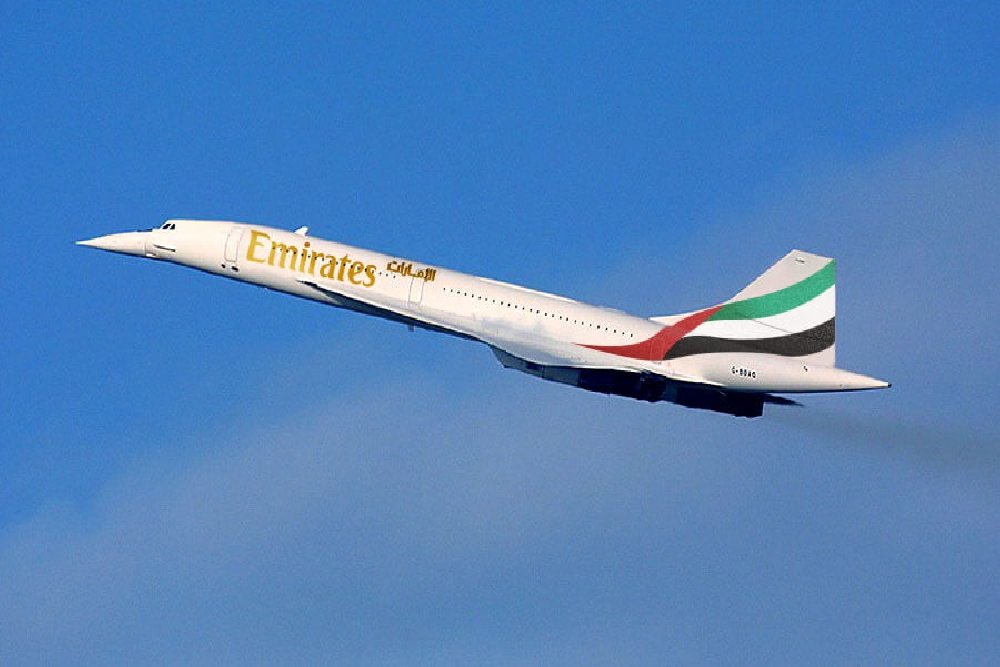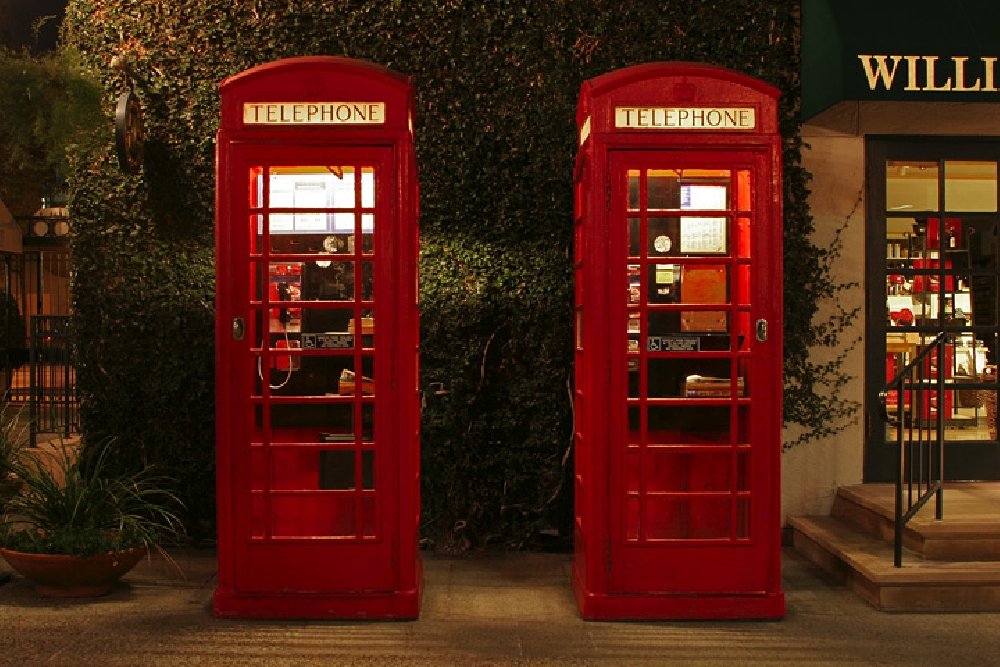I arrived in the UK in 1981, since then I witnessed a lot of changes in every walk of life .I see changes in social, political, cultural and technology field during a period from 1981 to 2000. We can find the outlook of mankind has changed in these period. I shall examine various striking transformation during these 20 years.
Taking into social consideration, co inhabitations was rare prior to 1980s, but by the end of 1990s I have seen a lot of junior doctors co inhabiting with their partners. By 1990s fewer and fewer people go to church for Sunday mass. Rate of divorce was creeping up slowly. In 1980s few will publicly say that they live with their same sex partner. It was still a taboo for gays and lesbian to open up and tell about their sexual orientation.
In 1980s the major unrest was miners\' strike, revolt against poll tax which is a community targeted tax . Thatcher government dealt with miners' strike stringently and closed most of the coal mines. Unpopular poll tax was reintroduced as council tax.The other lacklustre revolt was by CND, against Americans placing nuclear missiles at Greenham Common. Gorbachev eased the tension between the East and the West by dismantling the Berlin wall.Soviet Union devolved into Russia and fifteen sovereign nations came into existence.
Until 1980, computer was mainly used for word processing and for playing interactive electronic video games. Amstrad, Sinclair and Apple computers were very popular in the list of Santa Claus. Both television and computer were in the shape of a box. Those days there were video recorders separately for VHS and Betamax videos cassettes, which could be connected to the television set. Video shops with huge collection of movies, recorded in video cassette were very popular those days . During the same time cables were laid under the pavement by the telephone companies. These companies provided cable connection to more affluent households,who could enjoy most recent movies on demand.
Taking photos was entirely done by SLR cameras and instant cameras. It was a chore to send the exposed film by post for developing and to wait eagerly to get them delivered after 10 days. Several albums with photos of holidays/ wedding/other important occasions could be seen in most houses. Videographers were normally employed to shoot weddings, funerals and important ceremonies. By the end of 1980s amateurs started shooting all events live through camcorders.
We can also rewind everyday life in travel experience. Interestingly, the transit time between my home in London via motorway and Heathrow airport was shorter those days, as there were fewer cars, and no cameras on the motorways. Cars could be driven at an average speed of 80-90 miles per hour. Crowds were rarely visible those days in the airport counters or at immigration lobby. Although there was no ACE fitted in the entertainment system of air crafts, there used to be a main TV screen playing video movies. Air travel time between New York and London was the same as now. It is reckoned to be a retrograde progress when we evaluate the performance of supersonic Concorde. This was launched in 1976, and the travel time between New York and London was around 3 hours. Now for the same distance, modern aircrafts take over 7 hours.
When we consider telecommunication, I remember the the dial phones which can be a cumbersome affair to ring someone. Those days, I was not able to use the phone provided in the hospital quarters to communicate with my parents in India. I needed to take a lot of coins, go to a public telephone booth, and dial at least 11 digits correctly to make an international call. Often I was frustrated because of call disruption due to various causes. As a whole, I feel since BT privatisation in 1985, the phone charges came down substantially.
Let me compare the system of customer service provided by the government and private enterprises then and now. As a whole, I feel consumers were in control those days. For example in 1980s, if one dials GP practice to see a doctor, one could see the doctor on the same day, or a day that suits him/her. Since it is fully automated, it has become next to an impossible task to see a doctor. The ombudsman system introduced by the government is too bureaucratic, sluggish and not always impartial. In 1980s, if one dials the phone number of DVLA or any public office, the phone rings continuously and then the available staff answers.Now the automated answering machine keeps playing recorded message in a patronising way. I always feel, the public offices like HMRC and corporate giants deliberately brought the awful system to deter customers ringing them, like a defeat mechanism. Therefore the consumer contact system has degenerated since 1980s into a technological maze!
The most stark changes we see is in the law and order system. Police used to report to the house or shop if someone summons them ringing 999 and reports a crime. Nowadays, unless someone got physically hurt, they do not want to know about the crime. Civil and criminal court system was more efficient and customer friendly then. Ambulance and fire engine usually arrive within 5 minutes if an incident or emergency is reported. Those days in 1980s, professionally qualified doctors were seeing patients, instead of physician assistants. Also there were no community officers doing the work of fully-fledged police officers. Functioning of a robust complaining system was more prevalent in 1980s and the government used to take disciplinary action more stringently.
In 1980s most households practised ‘waste not want not’ policy. People were more slim than now, and children were more physically active then. Today’s, ‘technological advancement’ makes children and teenagers cling to the video games and mobile phones, resulting in alarming rate of obesity since 2000. In 1980s only 4 channels were available on television. While driving, people were listening to the radio for traffic and other news. Television programmes include serials like Neighbours, Dynasty and Dallas, which influenced fashion, shoulder pads, power dressing and social drinking. Music videos dominating Top of the Pops music had a huge influence on the decade.
Until the government enacted Household waste Recycling Act in 2003, all rubbish including plastics, garden and food waste were put in a black sac, which were collected once a week. Unlike today most households cook food rather than depending on ready made meals. Silent milk floats powered by electricity brought milk in glass bottles early in the morning. Smoking was rampant and at least 40% people were smoking in early 1980s. Successive governments since 1980s were actively campaigning against smoking. The fashion industry always preferred lean female models, which helped people to be conscious about becoming fat.
People used to go to High street and markets most days and as such the town centres were lively those days. The popular household names in the high street were C&A, Wimpy, Woolworths, Allders and Radio Rentals, which are now replaced by charity and gambling shops. Levi jeans were in vogue, but they were without tear or not having worn out look! Although credit cards were introduced,money transactions were mainly through cheques and cash. Unlike today there were fewer one parent family and children were disciplined more than now.
Life in the 1980 and 1990 decades evolved in a slower pace compared to the drastic changes brought forward by the advent of internet and mobile phones in the first decade of millennium. The technological advancement in post millennium period, were seized by corporate giants and government machinery, thereby common people lost the control of everyday activities. They designed the system to cater for the ease of their administration. My worry is that this trend will continue further which will make the consuming public like electronically programmable dolls.


Comment Form